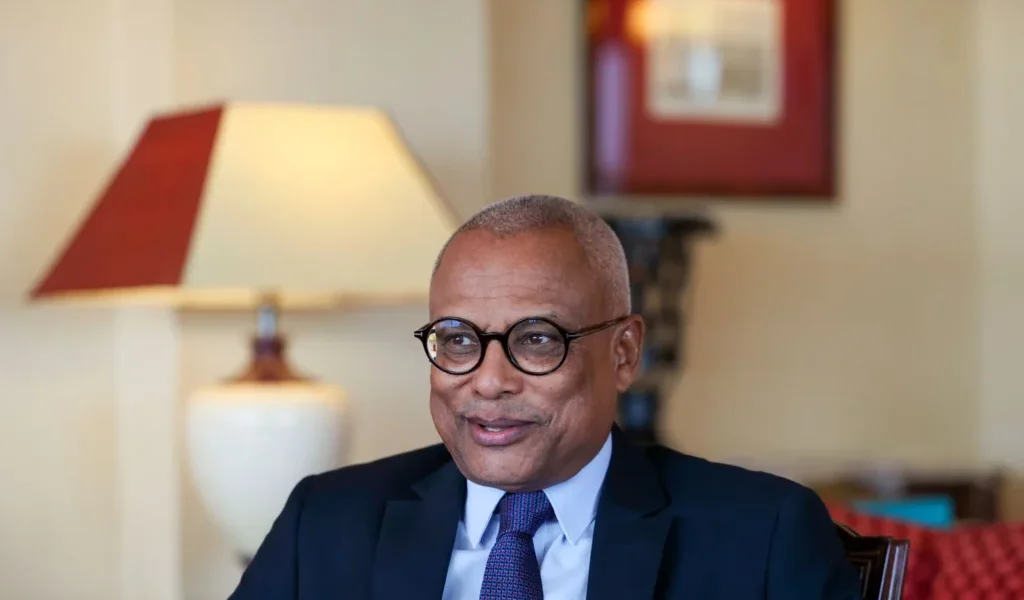
IN a recent interview with the news site Brasil Já, Cabo Verde’s President Jose Maria Neves highlighted the difficulties of publicly debating colonial reparations due to the rise of right-wing populism. Neves emphasised that while public discussions on reparations could exacerbate political polarisation, especially in former colonising countries like Portugal, governments should continue these conversations behind closed doors.
‘We see extremist, xenophobic, anti-immigration groups growing in former colonising powers,’ Neves remarked. ‘There are no political conditions to publicly discuss these questions at the moment. But among governments, it is necessary to discuss these matters.’
Neves suggested that ‘diplomatic corridors’ could be used to build solutions without fuelling the growth of extremist groups. He stressed the importance of private government discussions to address reparations effectively.
In April, Portugal’s President Marcelo Rebelo de Sousa acknowledged his country’s responsibility for crimes committed during transatlantic slavery and the colonial era, suggesting the need for reparations. His comments ignited a national debate and faced strong opposition from right-wing parties.
For over four centuries, nearly six million Africans were forcibly taken across the Atlantic by Portuguese vessels and sold into chattel slavery, primarily in Brazil. Portugal’s colonial era saw countries like Angola, Mozambique, Brazil, Cape Verde, Sao Tome and Principe, East Timor, and some territories in Asia under Portuguese rule.
Opponents of reparations argue that contemporary states and institutions should not be held accountable for past actions. However, advocates insist on the need to address the legacy of slavery and colonialism, including systemic and structural racism, and note that contemporary states still benefit from the wealth generated by centuries of exploitation.
The debate over reparations has a long history and remains contentious, but the movement has gained momentum worldwide, calling for a reckoning with the past and a commitment to justice and equity.













